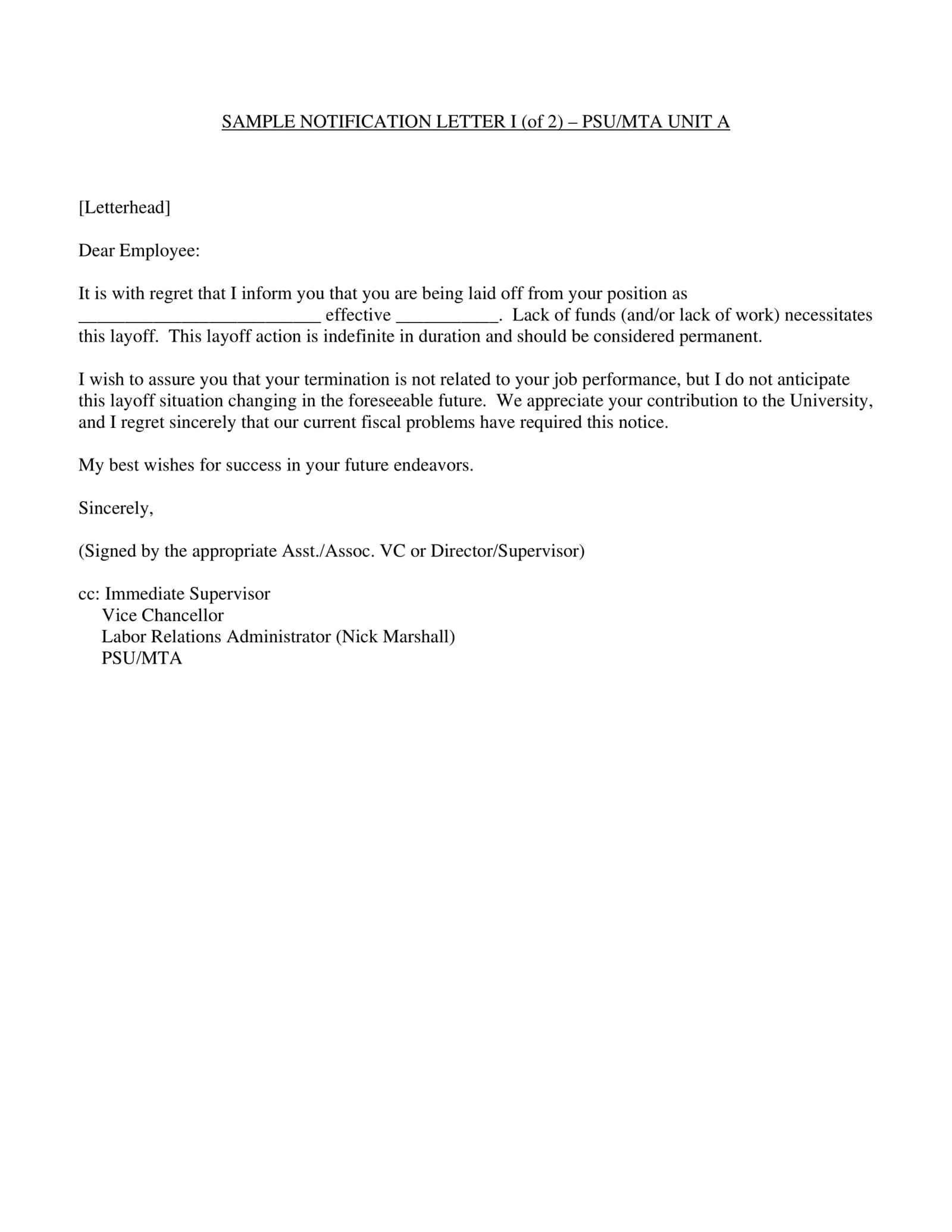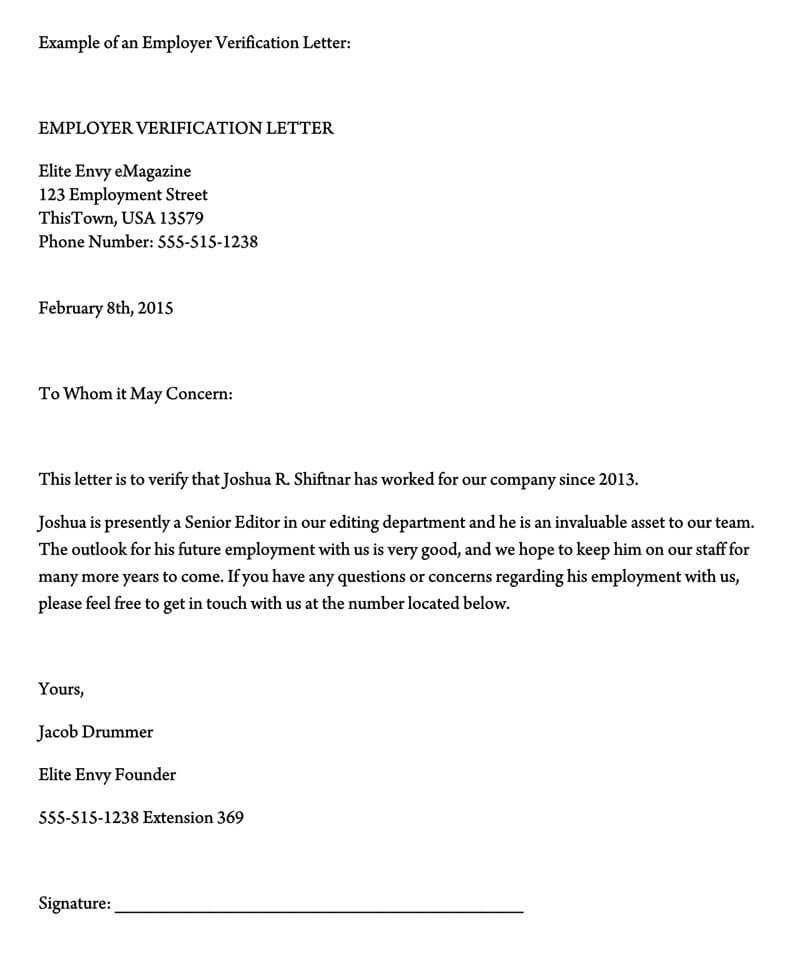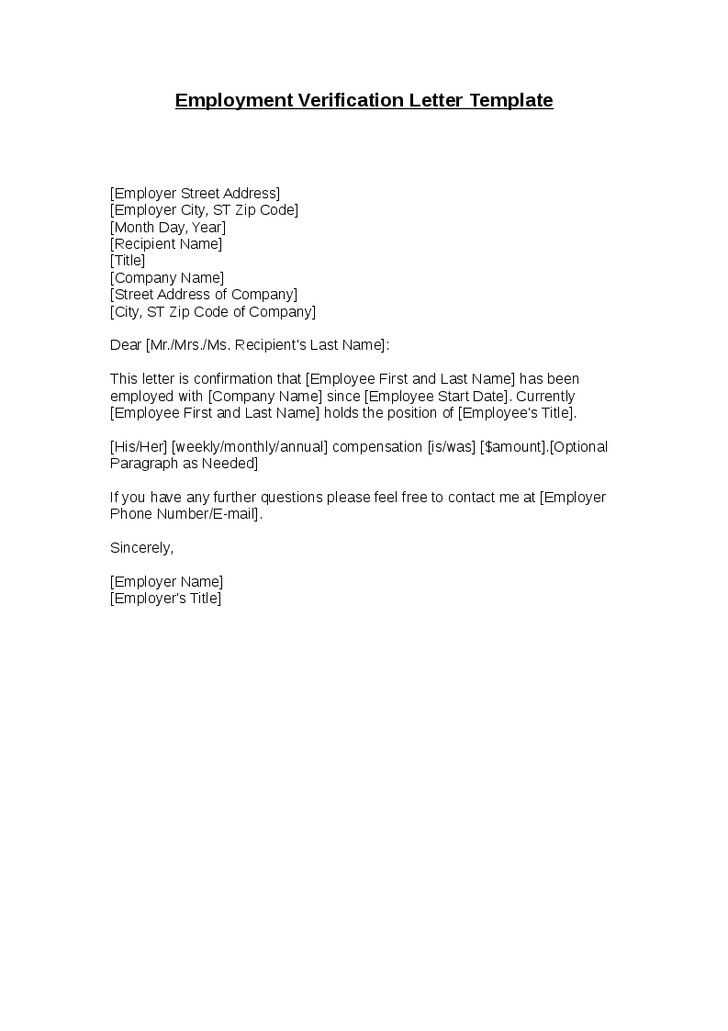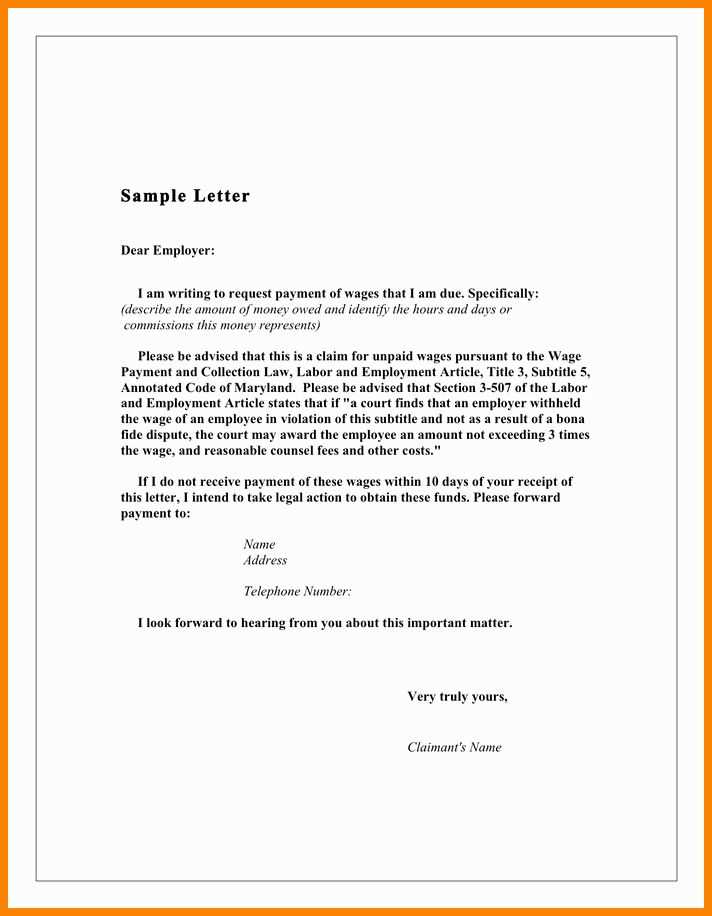Pregnancy Notification Letter Template for Employer

When a significant personal event occurs, such as expecting a child, it is essential to communicate with your workplace in a clear and professional manner. This allows both parties to plan for the future and ensure that all necessary adjustments are made to your responsibilities and leave. Having a well-structured message can help facilitate a smooth transition, both for you and your colleagues.
Crafting a thoughtful and informative communication is crucial to setting expectations and maintaining a positive relationship with your organization. It’s important to be clear about your situation, while also considering the impact it may have on your current work schedule. By preparing the right kind of correspondence, you can avoid misunderstandings and ensure your needs are understood.
Effective communication can help navigate what can be a sensitive topic. The way you present your news plays a role in how your employer will respond, so taking the time to plan and articulate your message properly is beneficial in the long run.
How to Notify Your Workplace About a Life-Altering Event
When informing your workplace about a significant personal change, it is important to approach the situation thoughtfully. Clear communication helps ensure your situation is understood and that necessary arrangements can be made. Whether you are preparing for time off or adjusting your workload, your message should be both professional and considerate of your organization’s needs.
Here are the key steps to follow when informing your workplace:
- Timing is important: Notify your supervisor as early as possible to allow for proper planning.
- Be clear and direct: Provide the essential information without unnecessary detail, ensuring your message is clear.
- Offer a plan: Share your expected leave dates or any adjustments to your availability.
- Maintain professionalism: Be respectful and considerate of the impact your situation may have on your work.
Crafting this communication in a straightforward and respectful manner ensures that your workplace can make necessary adjustments, making it easier for both you and your team to handle the changes ahead. By being proactive, you foster understanding and cooperation.
Key Information to Include in Your Communication

When informing your workplace about a major personal change, it’s important to include the right details to ensure a smooth and efficient process. Providing relevant information will help your manager and team understand your situation, anticipate any necessary adjustments, and plan accordingly. A well-structured message will address both your needs and the needs of the organization.
Important Details to Mention
| Detail | Description |
|---|---|
| Start and End Dates | Specify the expected start and end dates for any planned leave or schedule changes. |
| Availability During Transition | Indicate if you will be available for part-time work or specific tasks during this period. |
| Plan for Handing Over Responsibilities | Provide details about how you intend to manage or delegate tasks before your leave begins. |
| Contact Information | List how and when you can be contacted during your time away from the office. |
Tone and Approach
Be sure to strike a balance between professionalism and personal consideration. It’s important to show that you are mindful of your work responsibilities while sharing your situation. By being transparent, your communication will help set the stage for a cooperative and positive experience for everyone involved.
Choosing the Right Tone for Your Communication
When informing your workplace about a personal change, it’s essential to strike the right balance between professionalism and empathy. The way you communicate this news can set the tone for how it will be received. It’s important to convey your message with respect while ensuring that you remain clear and concise.
Here are some tips for selecting an appropriate tone for your message:
- Be direct but polite: Avoid being overly casual, but also don’t sound too formal. Aim for a neutral tone that reflects both your professionalism and the sensitivity of the situation.
- Stay positive: Even though the subject may be personal, framing your communication in a positive light helps to focus on the solutions and adjustments rather than any challenges that may arise.
- Be considerate of the organization: Acknowledge any potential impact your situation might have on the team, while assuring them that you’re committed to ensuring a smooth transition.
- Be transparent: Provide all relevant details while avoiding excessive explanation. Clarity is key to ensuring that your message is understood as intended.
By using a tone that is both professional and compassionate, you can ensure that your communication is well-received and fosters a positive response from your workplace. Taking the time to carefully choose your words can help maintain a strong relationship with your team and manager during this time of change.
Legal Aspects of Informing Your Workplace
When sharing personal news that may affect your work, it’s important to understand the legal framework surrounding such communication. Employers are required to adhere to certain regulations that protect employees during major life changes, including time away from work. Being aware of these rights ensures that you can make informed decisions and communicate your situation within the legal boundaries of your country or region.
In many places, there are laws that require employers to provide job protection and accommodations for employees during significant personal events. These protections may include:
- Leave rights: In some countries, employees are entitled to take time off without fear of losing their position.
- Non-discrimination: Employers cannot treat employees unfavorably because of a personal situation, ensuring equal opportunities in the workplace.
- Health and safety: Employers may need to make adjustments to ensure your well-being and that of your unborn child during the work period.
Understanding these legal protections will not only give you peace of mind but will also help ensure that your workplace responds appropriately to your situation. Always familiarize yourself with the relevant laws to navigate this process effectively and avoid any misunderstandings.
How to Handle Sensitive Conversations at Work
Discussing personal matters in the workplace can be challenging, especially when the topic is sensitive. These conversations require a thoughtful approach to ensure both parties feel respected and understood. The way you present your situation can influence how it is received, making it important to approach such discussions with care and professionalism.
Preparation and Timing

Before initiating a sensitive conversation, it’s essential to prepare. Consider the best time to speak with your manager, ensuring they are not under pressure or distracted by other tasks. Choose a private setting where the discussion can remain confidential, allowing both you and your supervisor to speak freely.
Key Considerations During the Conversation
When having a sensitive conversation, focus on being clear, concise, and respectful. Here are some key points to keep in mind:
- Be honest: Share your situation openly without oversharing unnecessary personal details.
- Stay calm: Keep your emotions in check, even if the conversation is difficult. A calm demeanor helps maintain professionalism.
- Show empathy: Understand the potential impact your situation may have on your team and offer solutions to manage the transition.
By approaching sensitive topics thoughtfully, you foster a more supportive work environment and ensure a productive and respectful exchange. Handling such discussions with tact and care will strengthen your relationship with your colleagues and supervisor.
Common Mistakes to Avoid When Writing
When preparing to inform your workplace about a significant personal matter, it’s important to approach the task thoughtfully. The message you send should be clear, professional, and well-structured. However, there are several common mistakes that can affect how your communication is received. Avoiding these errors will help ensure your message is understood and received in the right way.
Overly Casual or Informal Tone
One of the most common mistakes is using a tone that is too casual. While it’s important to be friendly, your message should always reflect professionalism. Avoid using slang or overly informal language, as it may come across as disrespectful or inappropriate in this context.
Lack of Clarity and Detail

Another mistake is failing to provide enough relevant information. Being too vague about the nature of your situation, your availability, or any changes to your work schedule can lead to misunderstandings. Ensure that you provide enough details so that your team can plan accordingly, but avoid excessive explanation that could dilute the core message.
- Provide clear dates: Be specific about when you plan to start and end any leave or adjustments.
- Offer solutions: Don’t just focus on the issue–suggest ways to manage your workload or handle responsibilities during your absence.
- Avoid over-sharing personal information: Keep your message focused on the professional aspects of the situation.
By steering clear of these common pitfalls, you can ensure your message remains professional, respectful, and effective. A well-crafted communication will help set the right expectations and maintain a positive relationship with your colleagues and supervisor.